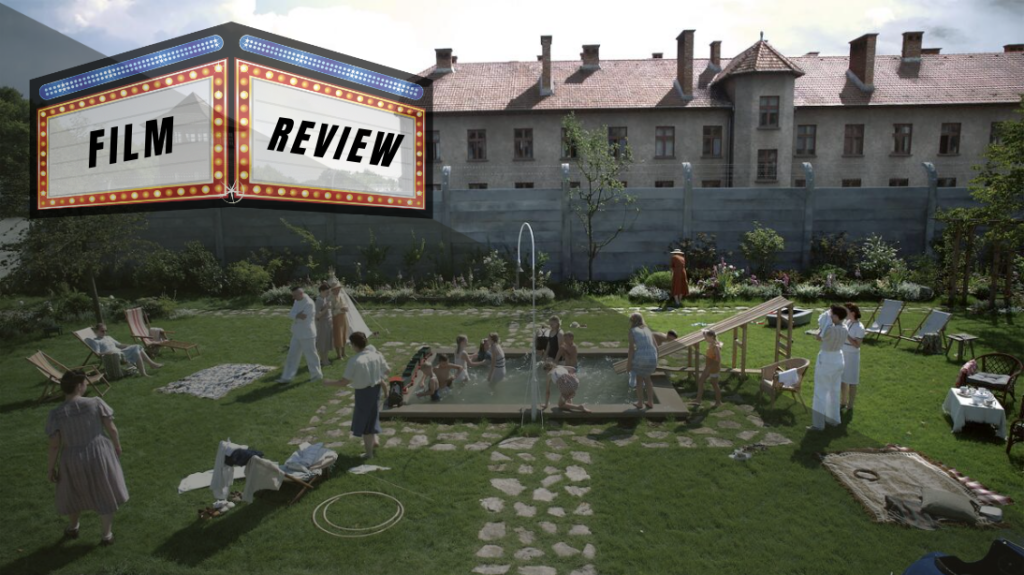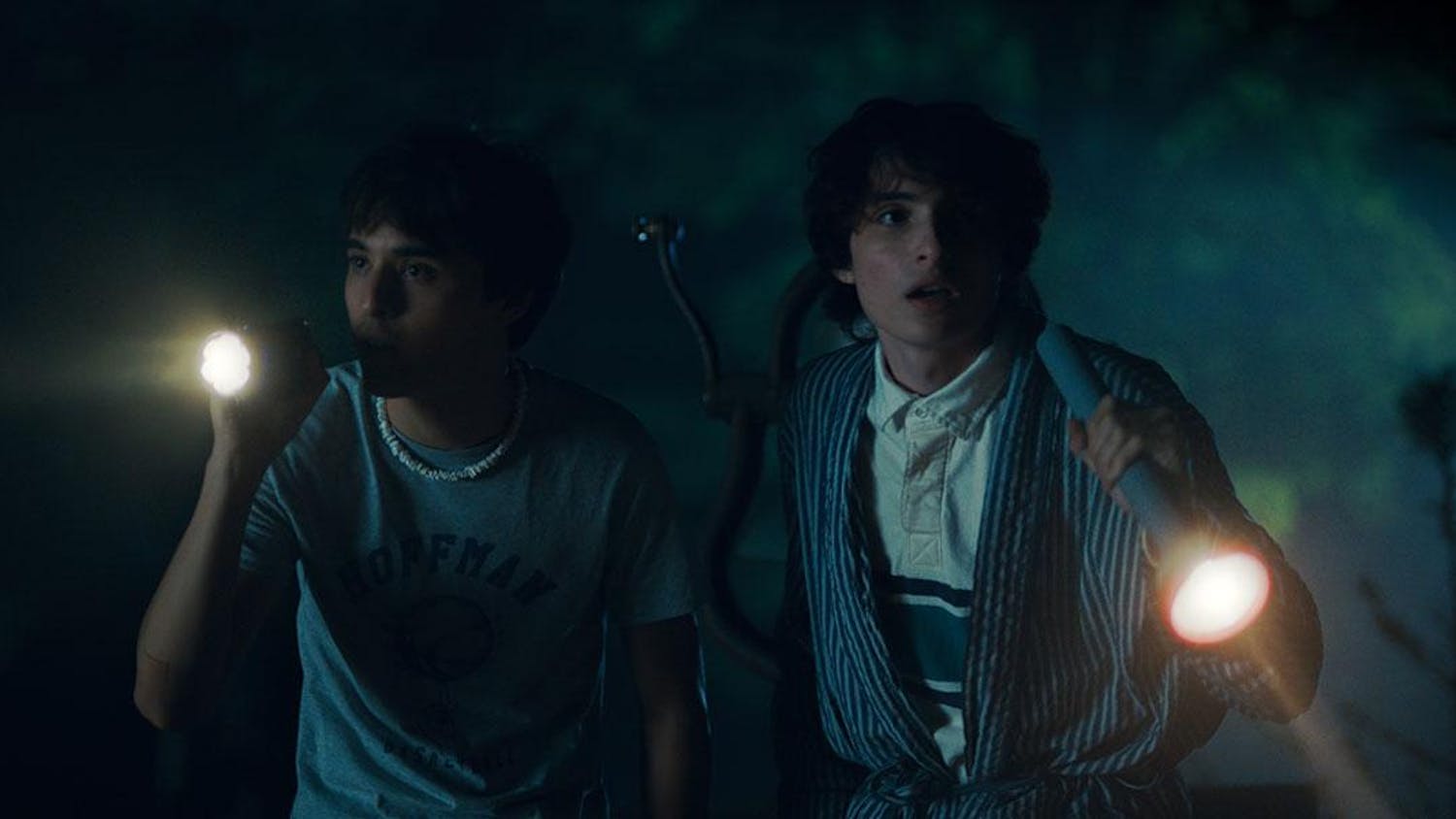 (Photo Manipulation by Nathan Rubin)
(Photo Manipulation by Nathan Rubin)
Unlike many Holocaust films, “The Zone of Interest” showcases the mundane daily life of a Nazi. The film centers on the camp’s leader, Rudolf Höss (Christian Friedel). Not once does the viewer see the faces of any Jews, nor those of the infamous Nazis etched in history, such as Adolf Hitler, Adolf Eichman or Heinrich Himmler. Instead, the audience watches Rudolf Höss and his wife Hedwig (Sandra Hüller) trying to maintain the “idealistic” life they have created, just beyond the walls of Auschwitz.
The German feature is based on Martin Amis’ novel of the same name. Jonathan Glazer directed the film, and distributed by film studio A24. “The Zone of Interest” debuted at the 2023 Cannes Film Festival, where it won the Grand Prix, and made its way to Atlanta theaters on Jan. 19. The film was nominated for the “Best Motion Picture - Drama” award at this year’s Golden Globes.
“The Zone of Interest” never ventures into the concentration camp itself, instead focusing primarily on the home the Höss’ have built, where they entertain guests and raise their children. However, in the background of almost every scene, we hear the gunshots and screams echoing from the death camp next door. This does not phase anyone in the Höss family, who ignore the soundscape of genocide in favor of continuing on with their lives.
Midway through the movie Rudolf reveals to Hedwig that Nazi leadership has ordered him to transfer to a different city. When left searching for a response to this news, Hedwig insists that she and the children will remain at the home.
“This is the life we always dreamed of,” she says in this scene.
Perhaps the most sinister character is Hedwig. Contrary to Rudolf, whose primary purpose is to complete the objectives he is assigned, Hedwig is happy to gain possession of fur coats stripped away from Jews at the concentration camp and unashamedly calls herself the “Queen of Auschwitz.”
The only person who seems to notice any of the chaos going on just beyond the Höss compound is Hedwig’s mother, Elfryda (Medusa Knopf), who visits the family to see what her daughter’s life has become.
Elfryda first notices the sobering reality of the death camp when she begins coughing from the ash she is breathing in from the camp’s crematoriums. Eventually, she can no longer bear to stay next to Auschwitz as she hears people desperately crying for help and sees towering flames rising from the crematorium. Not willing to tell her daughter that she believes what Rudolf is doing is wrong, she departs in the middle of the night, leaving only a letter. Aside from Elfryda, the entire film is centered on the family’s willingness to turn a blind eye to what they hear, see and smell from the death camp. Elfryda stands in for the bystanders of Nazi regime, who knew the Holocaust was wrong but still refused to openly oppose the genocide.
While “The Zone of Interest” is classified as a drama, what is left to the imagination is horrific. Toward the end of the film, an eerie sequence of still flowers are shown, yet in the background, we hear crying, screaming and gunshots. Glazer uses this juxtaposition to show that even in the darkest days of history, most people did not care and would simply rather not be bothered.
Glazer is able to show the lack of humanity of the Höss family through using zero camera movement throughout the film and employing many long takes from afar. In this way, he makes us feel distant from the characters whose emotions we understand but must not sympathize with.
Shot in almost entirely natural lighting and with a dull color palette, the film makes it clear that these are just ordinary people who act in evil ways. Glazer’s point is that the only thing keeping us from becoming monsters is our choices — it is not something within us that determines whether we will be noble or wicked.
The film ends with a flash forward to the modern-day Auschwitz museum being cleaned. The museum, like “The Zone of Interest,” is here to remind us of the tragedy of Auschwitz but also to caution us of the evil that humans can and still do create. The film then returns to Rudolf throwing up, composing himself and finally descending stairs into darkness.

Spencer Friedland (26C) is from Long Island, N.Y. While not working at the Wheel, he is a member of Emory Disability Rights, Education Activism and Mentoring and the Franklin Fellows program. In his free time, he can be found watching the New York Yankees or going to the movies.









